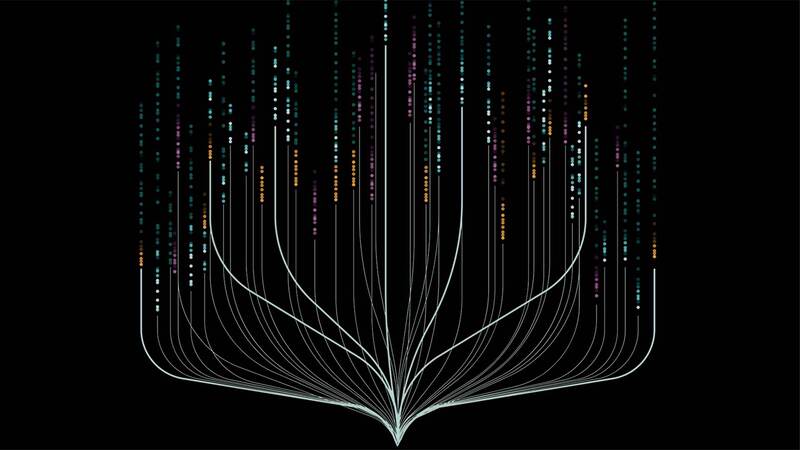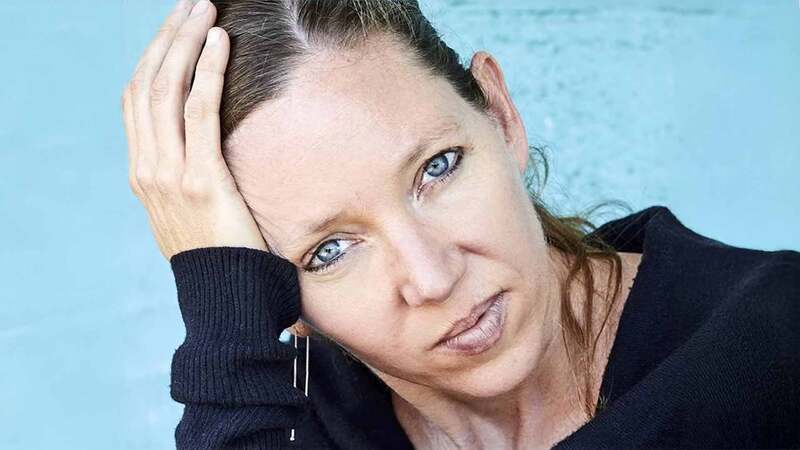You are viewing your 1 free article this month. Login to read more articles.
Matt Haig on being human
What does it mean to be human? It's probably not a question you ask yourself on a daily basis. You might never even have thought about it, deciding it’s too big to think about, or maybe too pointless. But have you ever thought it might be as simple as listening to a favourite album with a glass of wine and the self-assembled sandwich of your choice?
That’s the conclusion Matt Haig comes to in his new novel The Humans. He cites lots of other things that make us human, but really it all comes down to the simple things in life.
The simple things
The Humans starts with a stark-naked man walking down a motorway. The man is Professor Andrew Martin of Cambridge University, who has just solved the greatest mathematical riddle of mankind. For this reason, aliens from the planet Vonnadoria decide this momentous occasion in history needs to be eradicated—as soon as possible.
An alien, who must get rid of anybody who the professor informed of his discovery, inhabits Andrew Martin’s body and steps into the life he left behind – a nice house in Cambridge with a wife, Isobel, and a troubled teenage son, Gulliver. What the alien doesn’t expect is to actually quite enjoy living as a human – he discovers the poems of Emily Dickinson, the joy of eating a peanut butter sandwich standing up in the kitchen, and the companionship of the Martins' pet dog, Newton.
The idea for the book came to Haig a long time ago, but he didn’t want to write it as a science fiction book. “It’s really about humans,” he says. “The idea of the alien was just a better way of looking at us. I’m not interested in aliens but I’m interested in how aliens might see us.”
David Attenborough
Haig says The Humans could be compared to a fantasy TV show by David Attenborough — only with the subject matter being humans instead of seahorses or lions. But the book isn’t a merely study of behaviour – surprisingly emotional, it is an ode to kindness and humanity. Andrew Martin pre-abduction is clearly an unpleasant man who abandons his family, had an affair with a student and practically lives at work. Through the alien’s eyes we see the cracks in an ordinary middle-class family, and how most of the time we make the cracks ourselves.
The alien in the book, who remains unnamed, is less Alien vs Predator than ET – which incidentally is one of Haig’s favourite films. “My favourite moment as a child was our one big expensive holiday that bankrupted my parents, to California for my uncle’s wedding. I went in Universal Studios and they asked for a young boy, and I got to ride Elliot’s bike with all the hydraulics and was projected onto a screen.”
The point of view of the outsider – which Haig often employs in his books – is something that he experienced after a nervous breakdown in his early 20s. “In a way the story could be read as a breakdown and getting over a breakdown and learning to accept people and yourself,” he says. “It was weird because in the process of writing it I started to get those feelings again. As soon as you start looking really close up at human life you think everybody’s weird: our clothes are weird, our bodies are weird.
“It was a bit dangerous writing it because it was sending me back to that place, but it was quite therapeutic to be able to go back to that place but not feel all those things again.”
The dark stuff
The Humans is deeply funny at the same time as being profound, which is something that Haig feels goes hand in hand: “When you’re depressed and when you’re down the only weapon you’ve got is not taking yourself very seriously. Comedy is a weapon you have to deal with tragedy; often comedians and clowns are quite tragic characters. It’s a way of dealing with the dark stuff.”
Haig talks openly about depression on social media and blogged about it for BookTrust, which he says was a “watershed” moment. “Fifty years ago people were ashamed to have cancer and nobody talked about it. We’re over that now, but there’s still a massive stigma about mental illness. I just think the more people are honest and talk about these things the better.”
Of his four previous novels and three children's books (his last novel The Radleys won the TV Book Club Award) it's The Humans that has the most of Haig in it: “It had a bravado running through it – I had a slightly dangerous feeling writing it, like it’s going to be one of those love/hate books. I think it’s most representative of me.”
Love it or hate it, it’s hard not to take something away from The Humans – exactly what is unclear, but it’s probably best left that way in case the Vonnodorians come looking for us, too.
The Humans by Matt Haig is out now, published by Canongate.















